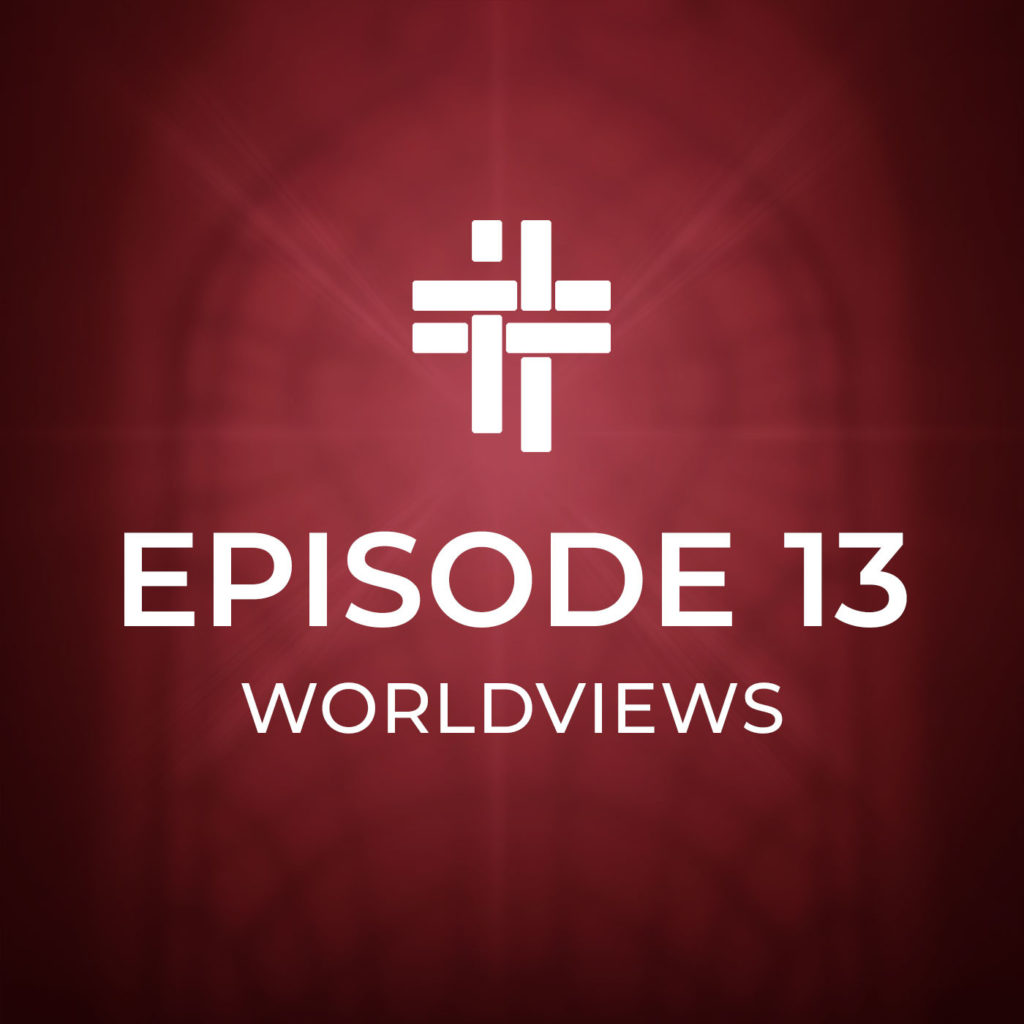A good sense of reality is vital for peacemakers. Most unresolved conflict is the result of false views of reality. A person who fails to perceive reality becomes confused and disoriented. Confusion leads to conflict. When we navigate a journey, we often rely on maps. If we are on spiritual journey, we also require a navigation aid. We need a “reality map” that charts our personal philosophy or view of reality. Crafting such a personal philosophy is not an academic exercise. It is a practical endeavor.
Podcast: Play in new window | Download (Duration: 10:17 — 14.1MB) | Embed
Subscribe to the podcast
Credits
Music: “Angel Share” and “Ascending the Vale” Kevin MacLeod (incompetech.com) Licensed under Creative Commons: By Attribution 3.0 License


